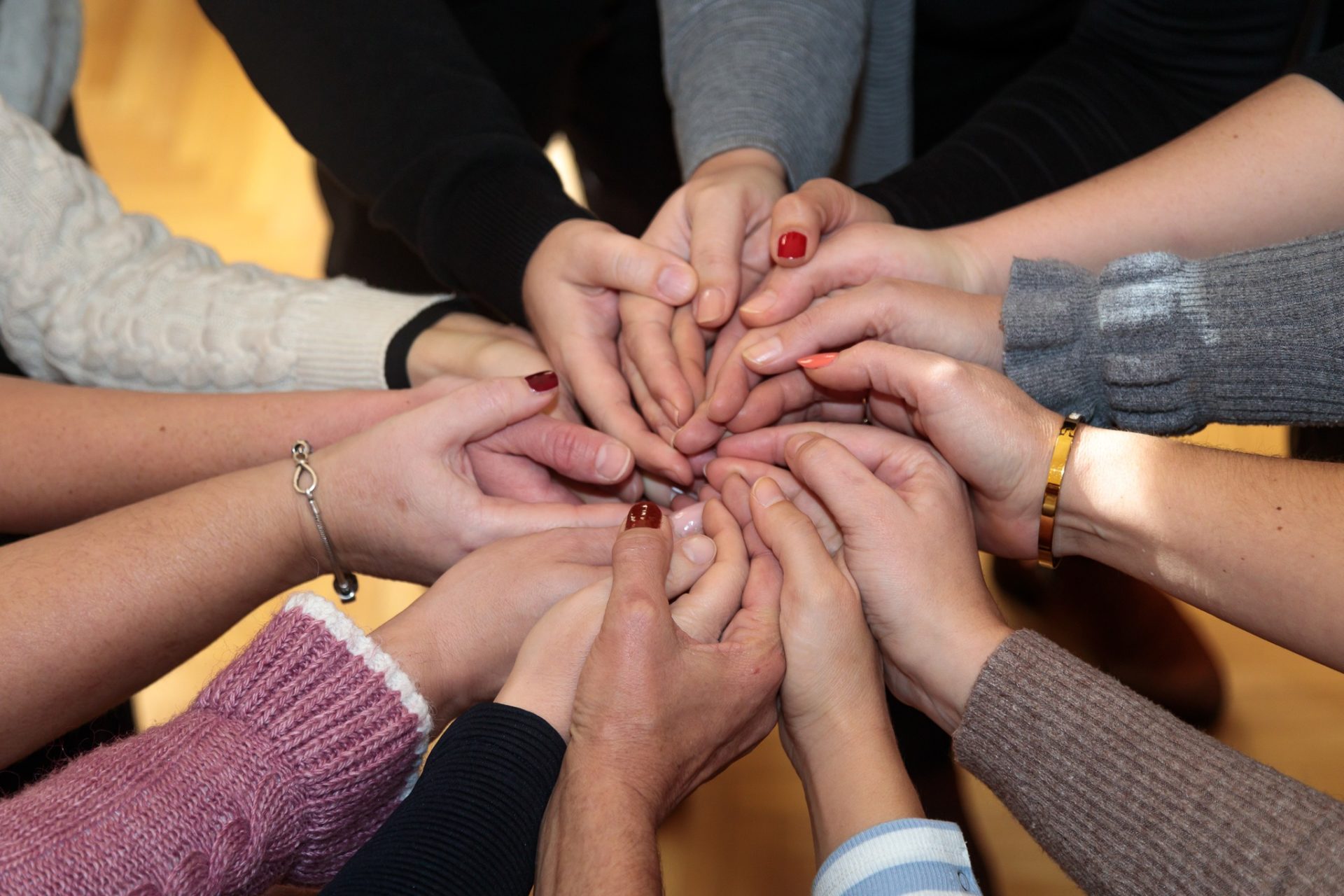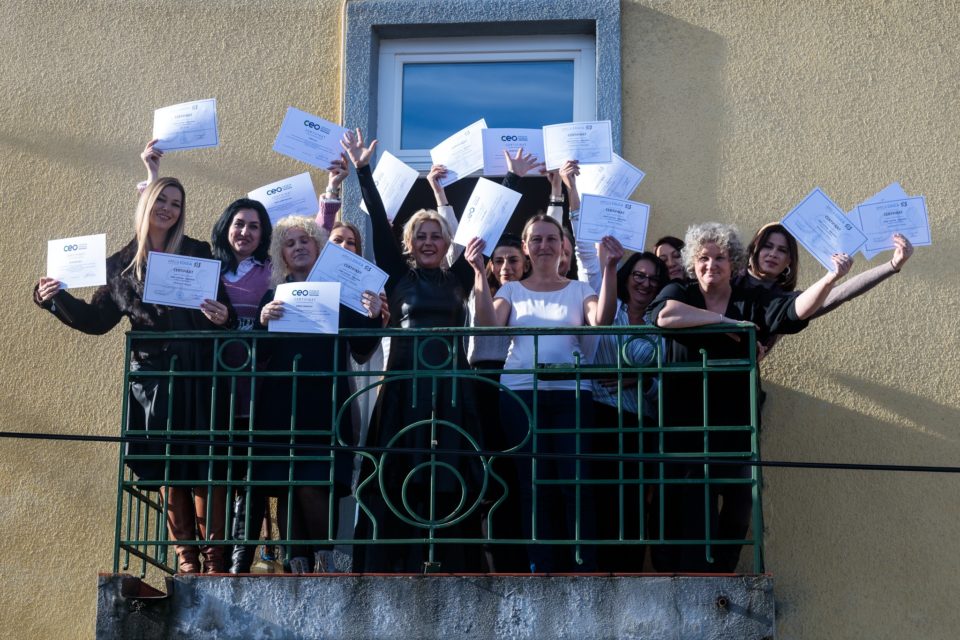
Bosnia and Herzegovina (BiH) is still grappling with the lasting impact of war. War survivors are struggling with the post-traumatic stress caused by the conflict of 1992-1995.
However, the trauma isn’t confined to those who experienced the war firsthand; it’s also passed down to the next generation. In this post-war context, the lack of socioeconomic prospects, compounded by restrictive social norms have exacerbated an already critical mental health crisis in the country. This multi-layered burden often gets overlooked in everyday discourse, as people rather tend to focus on somehow getting through their daily lives. As a result, this environment makes it very difficult for people in Bosnia to actively seek help. A cultural change is needed.
In Bosnia and Herzegovina (BiH), acknowledging mental struggles remains a taboo. This stigma is often justified by a sentiment rooted in the aftermath of war trauma: ‘It’s good as long as there’s no shooting’. Sadly, the enduring prevalence of post-traumatic and even transgenerational trauma often stays ignored, overshadowed by the emphasis on surviving everyday life. While the war in Bosnia and Herzegovina may be over, other conflicts can have profound impacts on trauma. War in Ukraine and in Gaza and the surrounding region have retraumatized war survivors in Bosnia. Without meaningfully discussing this retraumatization and its treatments, the stigma around mental health will continue to persist. According to the Agency for Statistics of Bosnia and Herzegovina, there has even been an increase in suicides since 2017, providing a further indicator of the alarming state of mental health in the country. The fact that 79% of suicides in 2022 concerned men and 21% women may need to be understood within the context of problematic social norms and gender roles.
The younger generation in BiH is calling for a change. An outstanding example is the “Mladi agenti promjena” (“Young Agents of Change”), a project of the Tuzla-based association Amica Educa. The association functions as a center for empowerment, providing educational and psychosocial services to citizens of BiH. The Young Agents of Changes project seeks social change for mental health, gender equality and peacebuilding.
One strategy to achieve this goal is their presence on social media, where they provide information on topics relating to mental health and give advice on how to approach certain problems or how to get help. The positive and thankful reactions to their social media content is a sign of how effective their approach is. Ivona Erdeljac, the Program Director of Amica Educa, reports the following: “Sometimes it’s ‘just’ praise for posts where they say that the content we publish helps them to cope with various challenging life situations or simply to get to know themselves better. Sometimes they ask for additional literature or resources from which they can learn more about the topic of (young people’s) mental health.” Most often, users approach the organization with the question of whether they offer psychological counselling or psychotherapy. They are then usually referred to the organization’s psychological counselling service or information (if available) about the help they can access in their area. The association is even planning to start a new project in which they will train young people to be peer counsellors and offer their support to people struggling with their mental health as well as victims of gender-based violence.
Selma Mustačević, Gender Program Coordinator at the Amica Educa association in Tuzla, notes a generational difference in approaches to mental health. She describes how young people in their counselling sessions actively use accurate terms to describe their feelings, while their older counterparts struggle defining their issues.
“Among young people, we see more recognition of mental difficulties than among the older population. Young people know how to recognize anxiety, depression, when they don’t feel well, when they have some tension that they can’t resolve. […] When I work with young people, who are pupils, students, graduates, masters, etc., they actively use the word disorder, anxiety and depression. When I work with the elderly, there are words like ‘oh, I can’t move, I’m motionless, I’m constantly tense.’ You can really see the difference about that basic education about the mental state,” explains Mustačević.
Mustačević emphasizes the pivotal role of psycho-educational workshops offered by Amica Educa. These workshops not only delve into theory but also facilitate self-reflection. Although their target group is broad, women, often survivors of violence, make up a significant number of those seeking therapy through the association. To ensure that those affected make it to their doorstep, Amica Educa provides information about its services on social media, its website and, above all, by word of mouth. The waiting list ranging from 3 to 6 months speaks to the demand for the association’s services. “There is more need than we and other associations and institutions are able to offer,” says Mustačević.
Amica Educa places mental health within the framework of fundamental human rights and also within the framework of gender equality. According to this framing, sexual and reproductive rights or the right to economic security cannot be looked at as isolated issues. In the same vein, the social norms of patriarchy ingrained in society is identified as a contributing factor to mental health struggles, impacting all genders. Women, often raised within a framework of prescribed rules, grapple with the expectation to embody traditional female roles and characteristics, including a perceived lack of self-confidence. Simultaneously, men are conditioned to suppress their emotions, which perpetuates a societal model that has become increasingly untenable.

Mustačević asserts that today we can see these roles are not sustainable. Women in BiH are still doing most of the household chores, even after a full working day, reflecting the enduring imbalance of labor within a patriarchal society. Additionally, the demands of functioning within a capitalist system often leave parents with insufficient time to dedicate to their children, underscoring the need for a reevaluation of this socioeconomic system in contemporary society.
Compounding all of this, Mustačević underscores the persistent challenges to mental health stemming from the aftermath of the Bosnian War. These include, in particular, the economic condition in the country. One of the consequences of the precarious post-war economic situation in BiH is the phenomenon of ‘separated families’. These families are not actually separated but the male partner often leaves the family to work abroad, returning only occasionally. During his absence, the female partner assumes the role of a ‘situational’ single mother, managing all responsibilities independently while the father, solely shouldering the burden of providing for the family, is away. “We are still considered a society in transition, because since the Dayton agreement, things have not gotten better. We still have a high rate of unemployment, which also affects mental health,” states Mustačević.
Another way in which unemployment, gender norms and mental well-being are connected is exemplified by how young some Bosnian women marry. These individuals,, upon completing their education, immediately marry and start families. This often results in them finding themselves confined to the domestic sphere. A significant number of these women, over time, come to realize a sense of loneliness and an absence of opportunities to expand their knowledge or engage with new acquaintances, says Mustačević. Amica Educa’s initiatives are designed to empower women both personally and professionally. Mustačević has identified that, beyond the acquisition of skills, the most impactful transformation for the participating women arises from the social connections they forge during these projects. Breaking free from isolation emerges as a powerful catalyst for positive change, illustrating the role of socialization in the overall well-being of these women.
Despite the remarkable efforts of associations like Amica Educa in Tuzla, their work alone is insufficient to address the extensive needs in Bosnia and Herzegovina. In 1996, the health authorities of BiH initiated a large-scale reform of the country’s mental health system with the aim of integrating mental health services into basic healthcare infrastructures. They successfully set up a network of 74 community-based mental health centers providing services to its citizens. The notion of community is crucial, as it represents a coordinated effort involving various stakeholders to facilitate the reintegration of individuals into society. However, the establishment of mental health care centers has clearly not been enough. There needs to be a cultural change in the perception of mental health and an end of the stigmatization of therapies.






